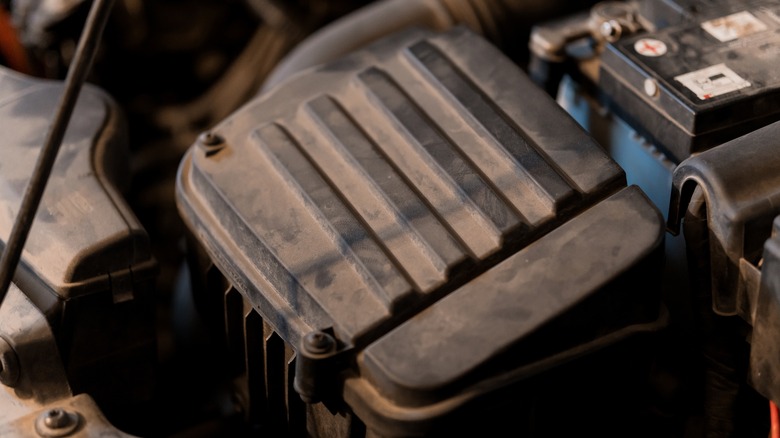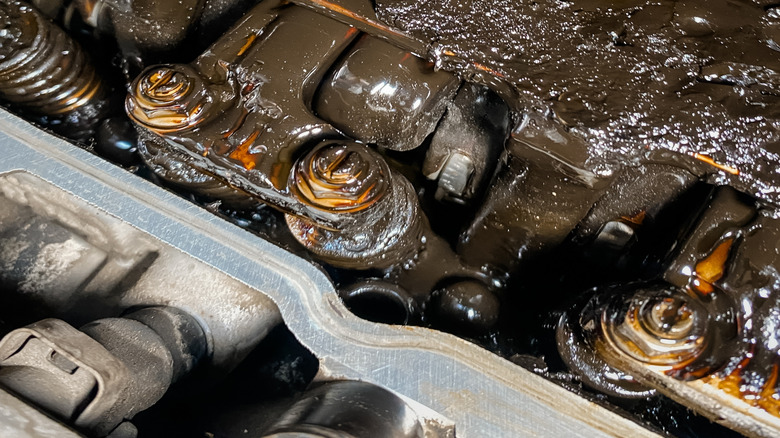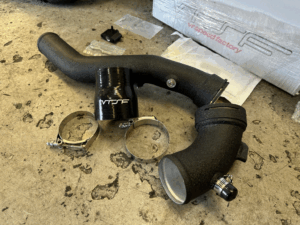Everything, even the smallest of things, can affect the performance of your engine. Whether topping off your fuel tank or driving on motor oil past its expiration date, you’re slowly killing your car. The engine, as complex as it is, can easily break down and die if it doesn’t have proper lubrication.
After all, motor oil not only helps to keep the components of an engine lubricated to avoid friction and premature wear, but it also helps to flush out some of the most common contaminants that can affect the engine’s performance and its overall condition. Even something as simple as blow-by in a diesel engine, when mixed with water, can create acid and eat away at engine components.
Dust, dirt, water, and even metal shavings are just some of the ways engine oil can become contaminated. Over time, they make the oil lose its effectiveness and its ability to properly protect the engine and its many components. Eventually, you have nothing but a hunk of junk propped up on cinder blocks sitting in the driveway, collecting more dust.
Common engine oil contaminants
Abrasives such as dust and dirt aren’t just a problem for your car’s paint job. Able to enter easily through the air intake system that leads to the combustion chamber, dust and dirt can be introduced by unfiltered air and cause irreparable engine damage. Metal shavings can also make an appearance in motor oil, caused by metal chips that break off of components over time. Your engine has a lot of moving parts operating at high speeds, and eventually, metal shavings will chip off and find their way into the motor oil. They can then scratch up vital components like the crankshaft, or cause blockages that can drop oil pressure and lead to premature engine failure.
We mentioned how a little water mixed with blow-by gases can create acid, but water is also known as the leading cause of corrosion and rust. Engine oil is designed to prevent this, but water in the oil turns this into an uphill battle. All it takes is a little condensation from cold engine blow-by or a coolant leak, and you’ve got a problem. While on the topic of other liquids finding their way into the motor oil, if your engine oil smells like gasoline, then it’s possible some fuel also made its way into the oil sump, or the metal dish that houses the motor oil. This also dilutes the oil and can lead to increased engine wear and tear.
Lastly, soot is another contaminant that comes from normal operation of the engine, and is made from burning fuel, oil, and carbon deposits. Together, they can migrate into the crankcase, mix with the untainted oil, and affect its viscosity. Ultimately, the engine oil will break down into sludge. Like cholesterol in your arteries, too much sludge will lead to complete engine failure.






